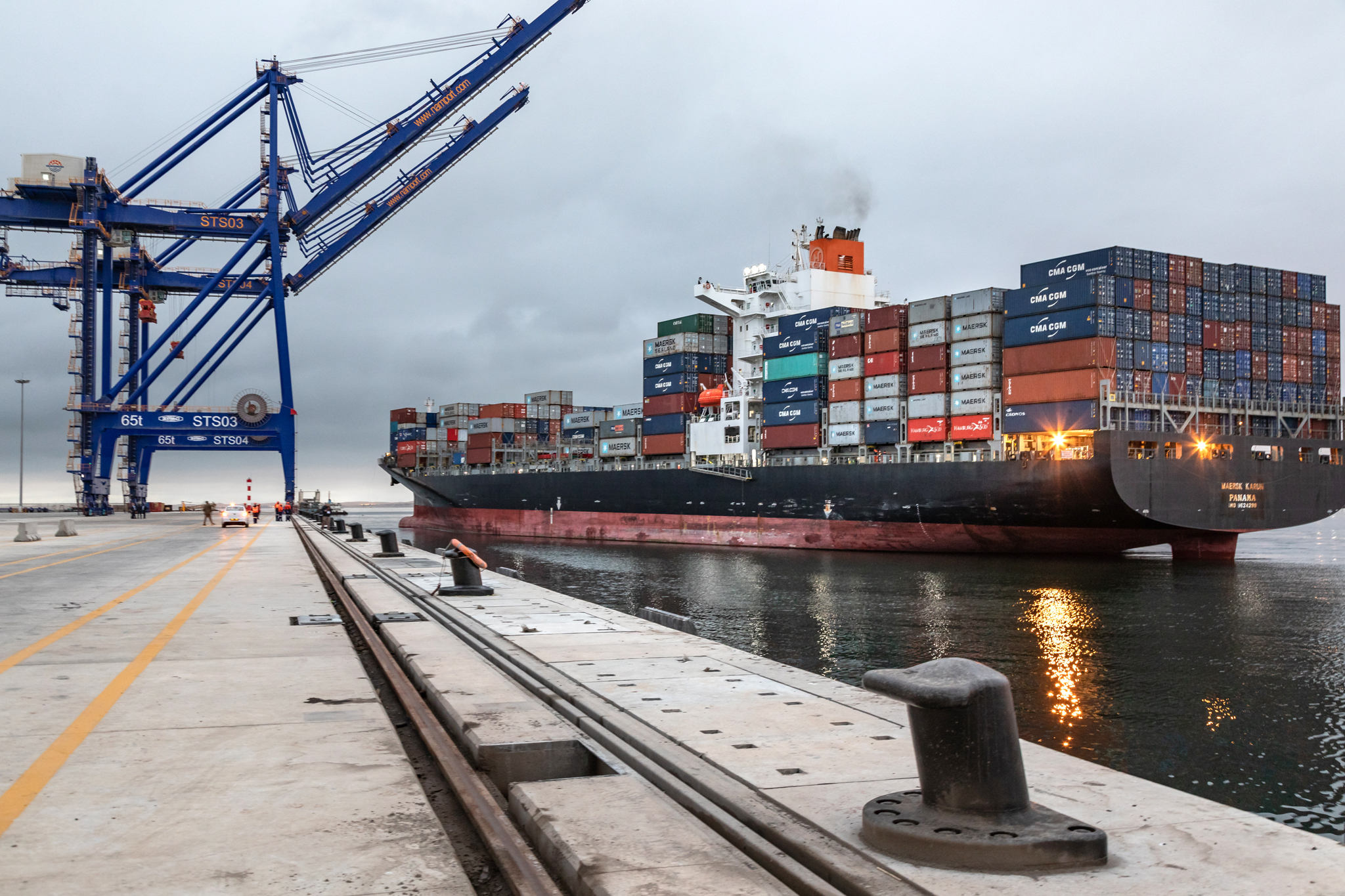Approach
Like many other countries sharing Large Marine Ecosystems (LMEs) where user-user and user-environment conflicts are growing, the three governments of Angola, Namibia and South Africa have recognised the need to introduce Marine Spatial Planning (MSP).


